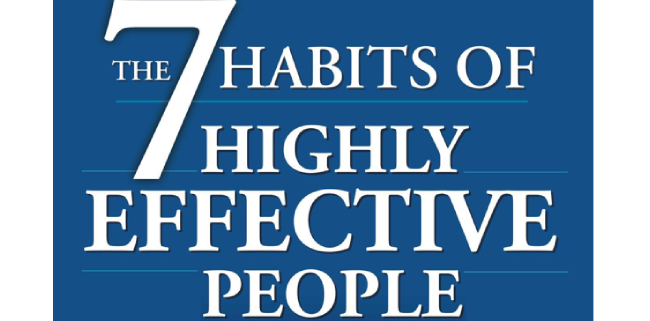Part Six: 7 Habits of Highly Effective People – As Applied to Actors
Only 2 Habits left in our series! Habit # 6 is
6. SYNERGIZE!
Synergy is the ability to understand another person/perspective/thought in order to merge it with your own to either learn or build something greater than either of you would without that input. You must truly understand all points of view and needs and get creative to find solutions, choices or options that help everyone win.
SYNERGY is what makes projects THRIVE.
SYNERGY deepens relationships.
SYNERGY solves problems.
TRUE SYNERGY is energizing.
Synergy with your creative team on a project is what makes a film or play come to life. You need all departments to come together to make successful entertainment.
Synergy with a casting office keeps getting you auditions. You need each other at their best in order to be successful.
Synergy while you problem solve helps you find time to get your self-tape done and done well! Find creative ways to get your schedule together to make this possible.
Synergy in your career keeps it feeling vibrant and FUN! We are a relationship based industry. Every notable project of any type involves synergy.
If you feel like your career is lacking synergy, ask yourself– who do you know working on great work that you can add value to?
For example: You know a local theatre company. Synergy with them could mean…
You become a teaching artist for them and introduce them to the school your nephew goes to and start a theater program together.
You bring them your holiday solo concert for next year since they don’t normally have holiday programming. You both can earn a little holiday cash.
You know a writer. Synergy with them could mean…
You offer yourself and maybe include some friends to do a very early stage reading of their work. They get help learning from their draft- you can update your network on your collaboration and practice portraying new characters.
You collaborate together to write a story that you can perform as a short film, monologue or other format. You both get a project to be proud of and submit to festivals!
You know and love a local coffee shop. Synergy with them could mean…
You offer to self-tape a mini spot promoting them that you can both use on socials
You host an actor meet-up group here so you can connect with fellow performers and swap marketing ideas. They get business and you get a place to curate a community.
Synergy can be created in limitless ways. All you need are willing partners, creativity and a goal.
Enjoying this series? Stay tuned– our last blog on this subject is coming up soon!
Part One | Part Two | Part Three | Part Four | Part Five | Part Six | Part Seven

